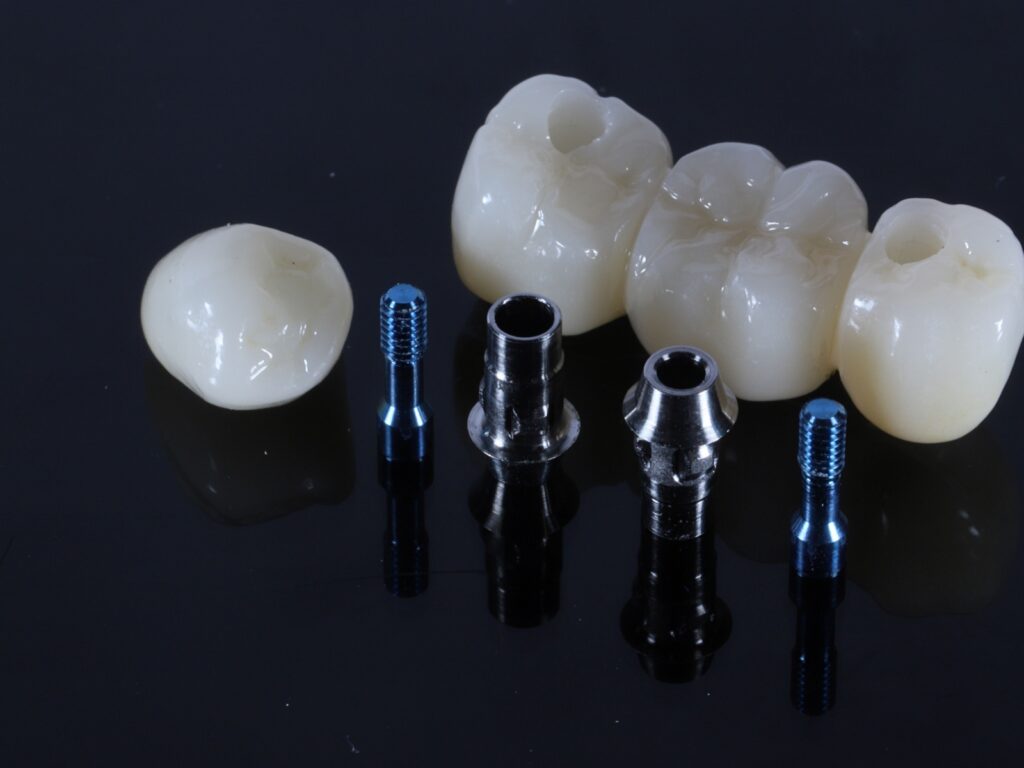The Applied Technical Services Family of Companies (FoC) determines the corrosion susceptibility of small implant devices in compliance with the ASTM F2129 standard.
What is ASTM F2129?
The American Society for Testing and Materials developed ASTM F2129 as a standardized test method designed to evaluate a small metallic medical implant’s susceptibility to corrosion. During the testing process, technicians use a process called potentiodynamic polarization to observe a sample’s corrosion behavior. The procedure involves a technician applying varying amounts of voltage to a sample which produces a polarization curve that highlights the material’s susceptibility to corrosion. The FDA accepts the standard as an effective method of assessing a small medical device’s final form and finish.
More About Our Medical Device Testing Capabilities
Our medical device testing laboratory evaluates a wide array of medical devices in compliance with ISO and ASTM standards. Our staff uses their decades of collective experience and our cutting-edge equipment to conduct comprehensive tests that aid in our clients’ ability to develop and deliver safe and reliable solutions to patients and medical providers worldwide. As an A2LA-accredited lab, our facilities and equipment are maintained in compliance with international quality standards designed to ensure accuracy and reliability across our services. Our ASTM F2129 services assess a number of small medical devices, such as:
- Aneurysm or ligation clips
- Cardiac occluders
- Endovascular graft support segments
- Filters
- Staples
- Ureteral stents
- Vascular stents
Our additional medical device tests evaluate larger devices and implants, including:
- Cranial, dental, and maxillofacial implants
- Knee & hip implants
- Medical materials and medical device coatings
- Spinal implants
- Surgical instruments
Why are Corrosion Tests Important for Medical Devices?
The human body can create unfavorable and corrosive conditions for metallic medical devices and components so it’s important to evaluate how their corrosion resistance properties. Corrosion can lead to biological reactions within patients which compromise their health by causing allergic reactions, inflammation, discomfort, and damage. Corrosion can also cause reliability issues with an implant and increase its likelihood of premature failure. The ASTM F2129 standard supports manufacturers as they determine a material’s ability for physiological conditions.
Contact Us
Call +1 (888) 287-5227 for additional information about medical device testing and consulting services.



